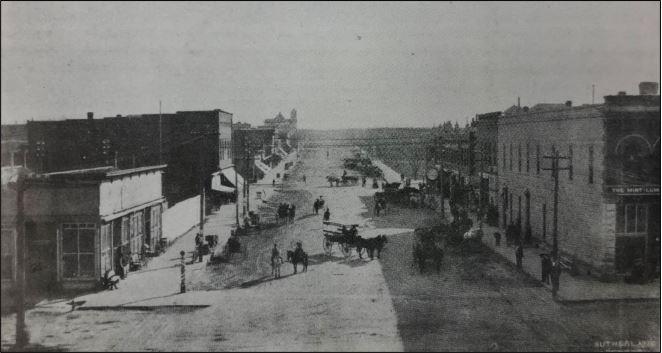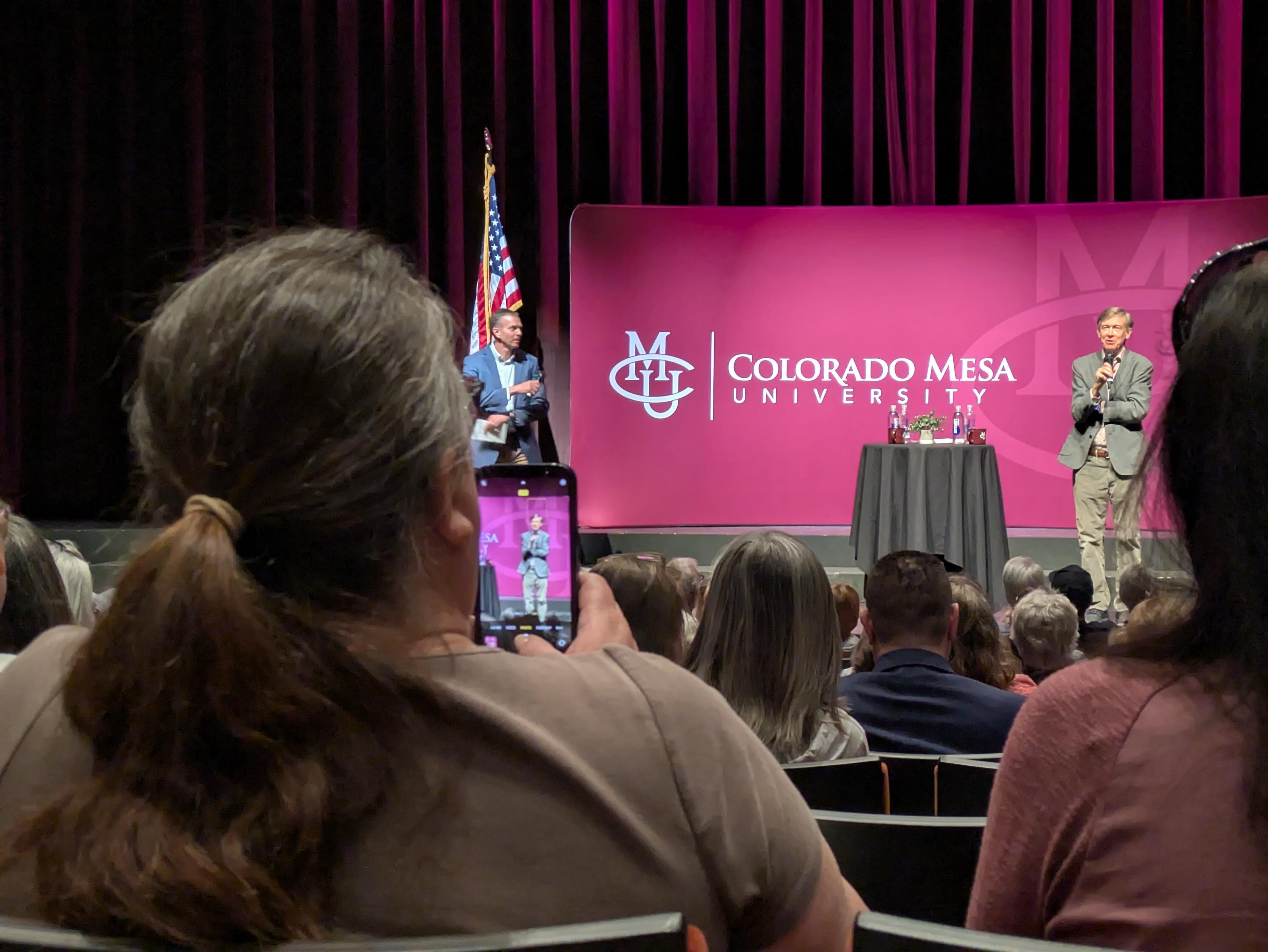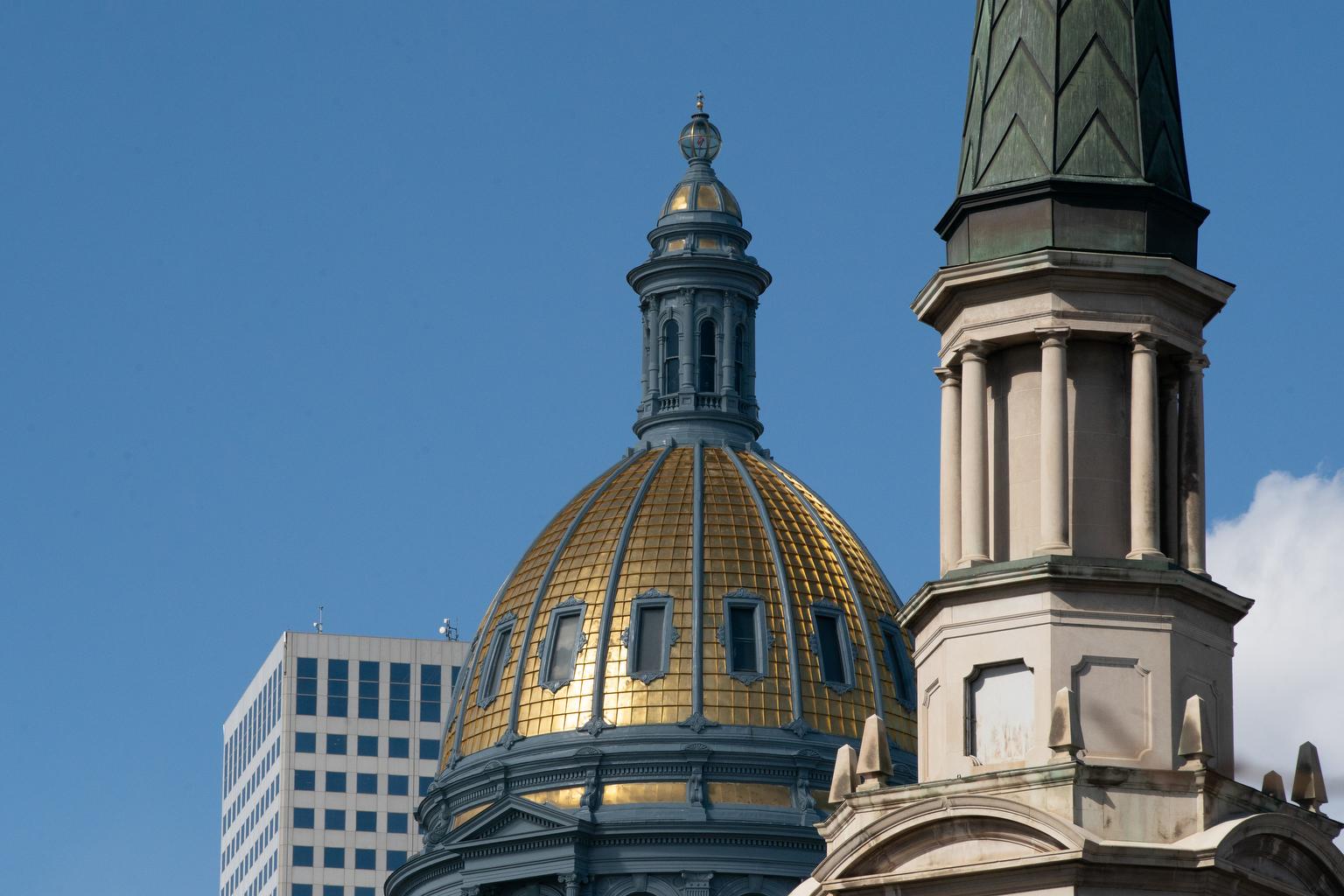
Historical buildings related to the Black and Latino communities in La Junta could be saved and celebrated thanks to a state grant focused on preservation.
The $25,000 grant from History Colorado will go toward a survey of more than 80 properties in downtown La Junta, building on work from a few years ago to document the contributions diverse groups made in the city's development.
Cynthia Nieb with the city of La Junta is involved in the effort. She said the properties include five Green Book properties, meaning they were listed in a guide of safe and reliable places for Black people traveling the country that was published from 1936 to 1966. Three of the Green Book properties are known to survive today, including the Powell Hotel on W. 1st Street.

The city is also home to a former African Methodist Episcopal Church, located at 2nd Street and Smithland.
"It's dilapidated. Its windows are broken...it's in poor shape, but darn, we really would like to save the history of that place," Nieb said of the church. "That's incredible history, especially since, now, our population of African-Americans here in the city is not that high. But at one time, there was enough to support a church."
Nieb said the previous survey work found properties significant to Latino, Chinese, Syrian, and Indigenous residents, many of whom worked in the railroad industry.
"And while we do have a large Hispanic population, nobody has really talked about that history at all," she said. "They were underrepresented in the municipality."
The final survey report from 2022 found, despite La Junta's Spanish name, "few residents of Spanish or Mexican heritage appear to have had the opportunity to build wealth and exert influence during the city’s early years." Opportunities for business ownership appear to have been limited, perhaps even more so than for the city’s Black and Asian populations, the report said.

Nieb said the surveys include hours of research on the physical history of the buildings as well as ownership history with information gleaned from property records and newspaper archives. She described the final product as little novels that tell the story of each parcel.
"Most of the history that you read about La Junta has to do with white people and who's the mayor and those sorts of things. We kind of lost our history and I had a suspicion that we just hadn't dug deeply enough."
La Junta is also home to underground tunnels. Nieb thinks they connected homes with the railroad yard. Another runs from the Fox Theater and what is now a pharmacy as a way for performers to travel back and forth underneath the city.
She hopes the work will lead to the creation of a historic district in the area. The designation would enable current property owners to apply for grants and tax credits to revitalize and preserve existing structures.
Nieb said the work has been a valuable way to acknowledge gaps in La Junta's historical narrative.
"That's another reason why we'd like to know the facts," she said. "We'd like to celebrate that history."

History Colorado is a financial supporter of KRCC. Financial supporters have no editorial influence.









